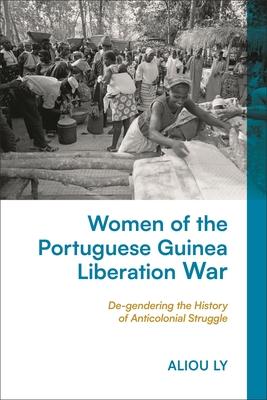Drawing on rich archival sources and summarizing extensive interviews with women who participated in the Portuguese Guinea Liberation War as spies, guerrilla fighters, and weapons transporters, this open access book helps correct an egregious gender bias in contemporary accounts of a major episode in 20th-century African decolonization.
Here Aliou Ly outlines how both popular an scholarly accounts of Portugual's defeat in 1974, which ultimately led to Portugal's abrupt withdrawal from their African colonies, continue to focus on the charisma of male leaders and on male-dominated high politics and ideology. Yet as Ly finds, women were often more active and effective than men during the war, and this because their motives for participating were more concrete. Unlike most male participants, for example, many women joined the struggle in order to help fight for their families' food security.Yet their contributions were often overlooked or outright betrayed, as women faced discrimination both during the war and immediately afterwards. They had to fight internally to be able to engage in active combat, and they returned to home to find that they were expected to take a back seat in the post-independence era, a trend that continues to this day. The ebook editions of this book are available open access under a CC BY-NC-ND 4.0 licence on bloomsburycollections.com. Open access was funded by the Bloomsbury Open Collections Library Collective.
